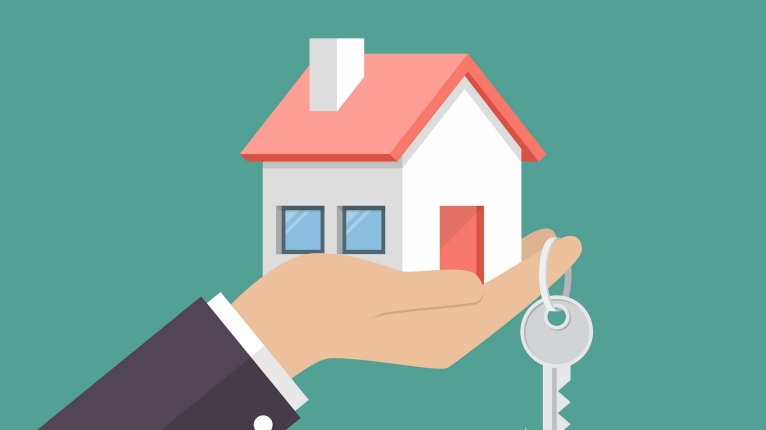Buying a home is a huge financial step, and the price tag on a listing doesn’t tell the whole story. There are many extra costs that come with homeownership that can add up fast. If you don’t plan for them, you might find yourself stretched thin. Have you thought about closing costs, property taxes, or homeowners association (HOA) fees? These are just a few expenses that many buyers don't consider. Knowing about these costs in advance will help you avoid surprises and keep your finances in check. Let's break it all down.
Main Expenses to Expect
1. Down Payment
The down payment is the biggest upfront cost when buying a home. The amount you need depends on your mortgage type, but it’s usually between 3% and 20% of the home’s price. A higher down payment lowers your monthly mortgage and interest payments. However, saving up for it takes time, and putting down less than 20% often means paying Private Mortgage Insurance (PMI), which adds to your costs. If you're a first-time buyer, check if you qualify for assistance programs that can help with this expense.
2. Closing Costs
Many buyers overlook closing costs, but they can be a big hit to your wallet. These fees usually add up to 2% to 5% of the home's purchase price. They cover expenses like loan processing, home inspections, appraisals, title insurance, and legal fees. Some lenders let you roll these costs into your mortgage, but that means paying interest on them over time. Getting an estimate from your lender early on will help you plan ahead.
3. Property Taxes
Property taxes are a regular expense that varies by location. They’re based on your home’s assessed value and are usually paid yearly or as part of your mortgage payment. Many buyers are shocked when their monthly payments go up due to a property tax increase. Checking past tax rates in the area you're looking to buy can help you budget more accurately.

Unexpected Costs That Surprise Homebuyers
4. Homeowners Insurance
Your lender will require you to have homeowners insurance to protect against damage, theft, and liability. The price depends on your home's size, location, and condition. If your home is in an area with a higher risk of natural disasters, you may need extra coverage, which adds to the cost. Shopping around for the best deal and bundling insurance with other policies can help you save money.
5. Private Mortgage Insurance (PMI)
If you put down less than 20%, your lender may require PMI, which protects them in case you can’t make payments. PMI can add a few hundred dollars to your monthly mortgage. You can cancel it once you reach 20% equity, but it’s an extra cost to keep in mind. Some lenders offer no-PMI loan options, but they often come with higher interest rates.
6. HOA Fees
Buying a home in a community with an HOA means paying monthly or yearly fees for shared amenities, maintenance, and security. HOA fees range from $100 to several hundred dollars a month. Make sure you review HOA rules and fees before buying to avoid unexpected financial obligations.
.jpg)
Conclusion
Buying a home comes with many extra expenses beyond the listing price. From property taxes to home maintenance, being prepared for these costs will make the transition to homeownership smoother and help you avoid financial stress. Knowing what to expect allows you to plan ahead and make better decisions.
Need expert advice on buying a home? Adam Chahl is ready to help. As an award-winning Vancouver Real Estate Agent with Oakwyn Realty and a Medallion Club member, he has helped many buyers make smart real estate choices. Contact Adam and the PLACE Real Estate Team today for the support you need.
Frequently Asked Questions (FAQs)
1. What are closing costs, and how much should I budget for them?
Closing costs usually add up to 2% to 5% of the home's price. These include fees for the loan, title, appraisal, and other services.
2. Can I avoid Private Mortgage Insurance (PMI)?
You can avoid PMI by putting down at least 20% or looking for lender options that don’t require it, though those may come with higher interest rates.
3. Are HOA fees optional?
If your home is in an HOA community, fees are mandatory. They cover shared services like security, landscaping, and maintenance.
4. How can I lower my homeowners insurance costs?
Getting quotes from multiple insurers, bundling with other policies, and installing security features can help reduce your premiums.
5. How much should I save for home maintenance?
It’s a good idea to set aside 1% to 3% of your home’s value each year for repairs and upkeep to avoid unexpected financial strain.